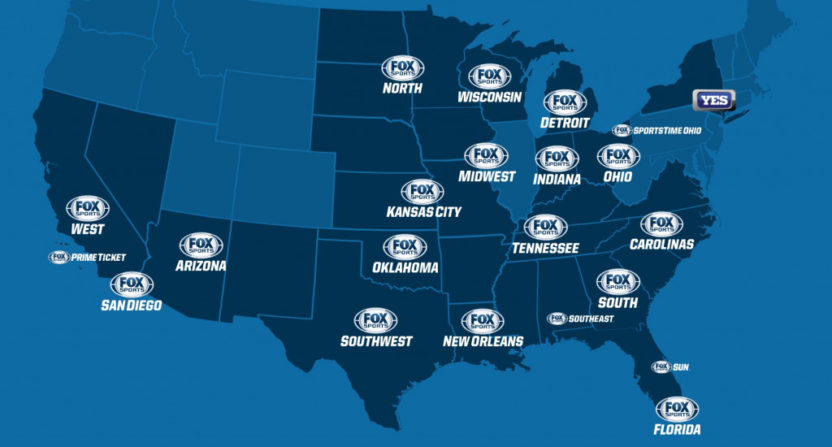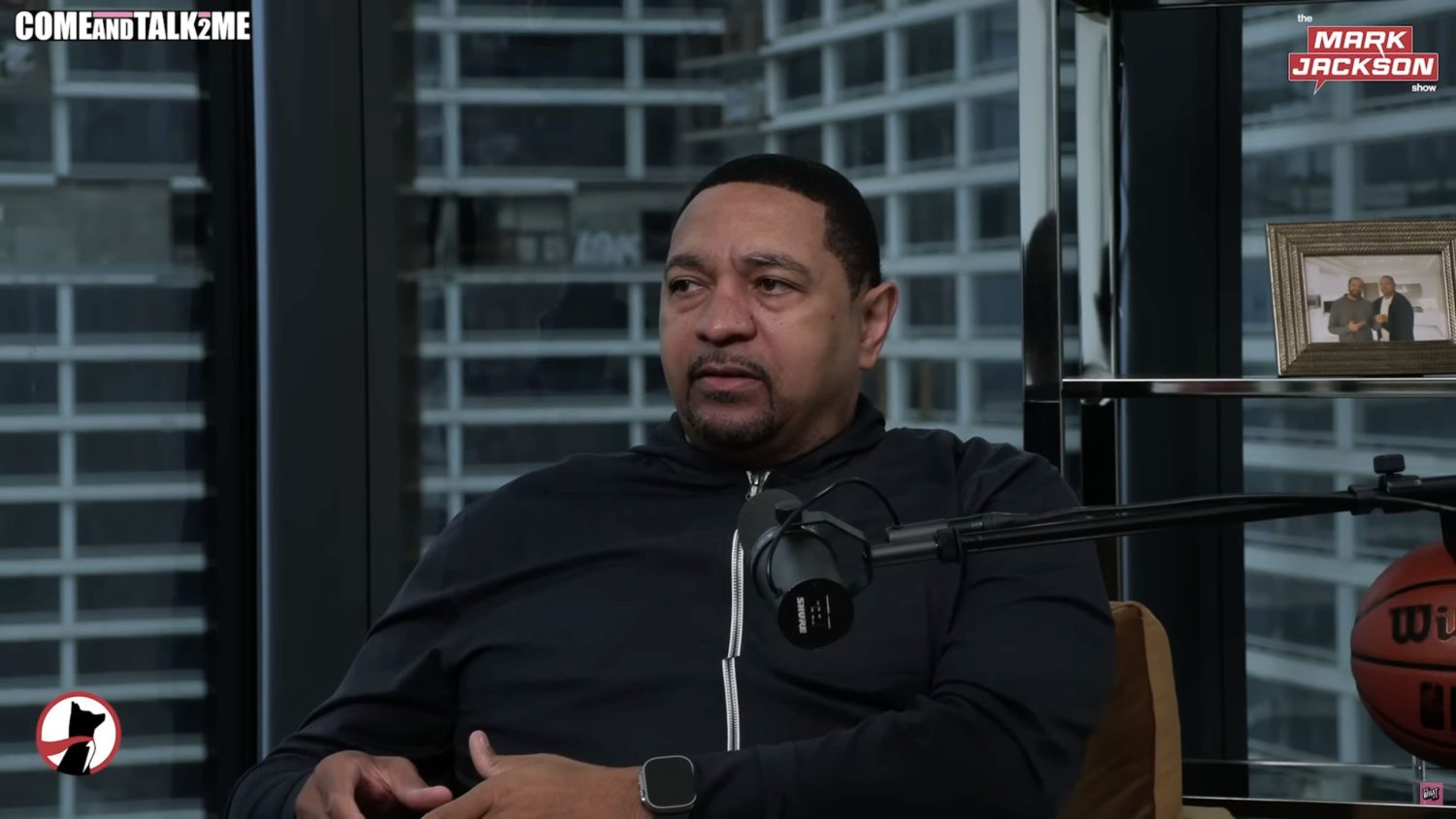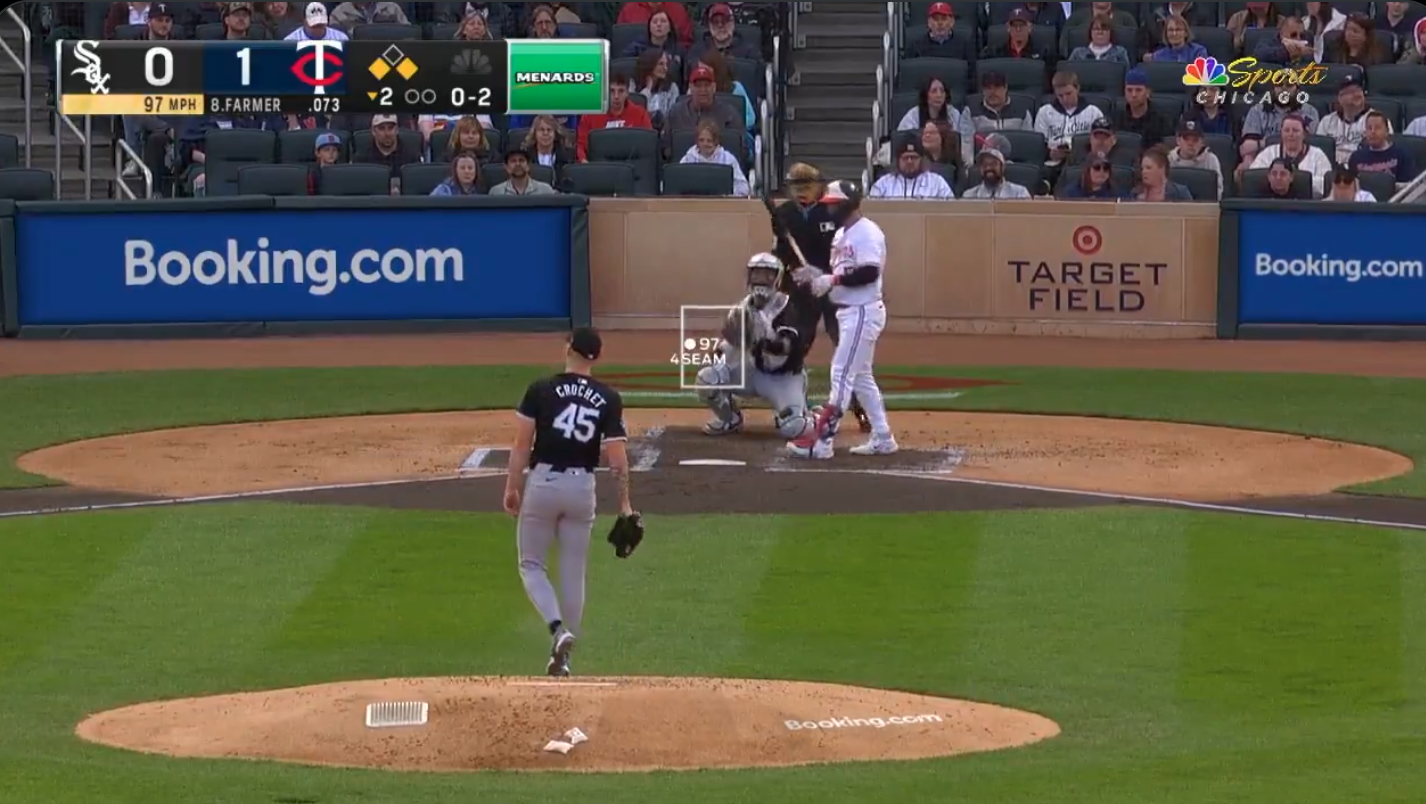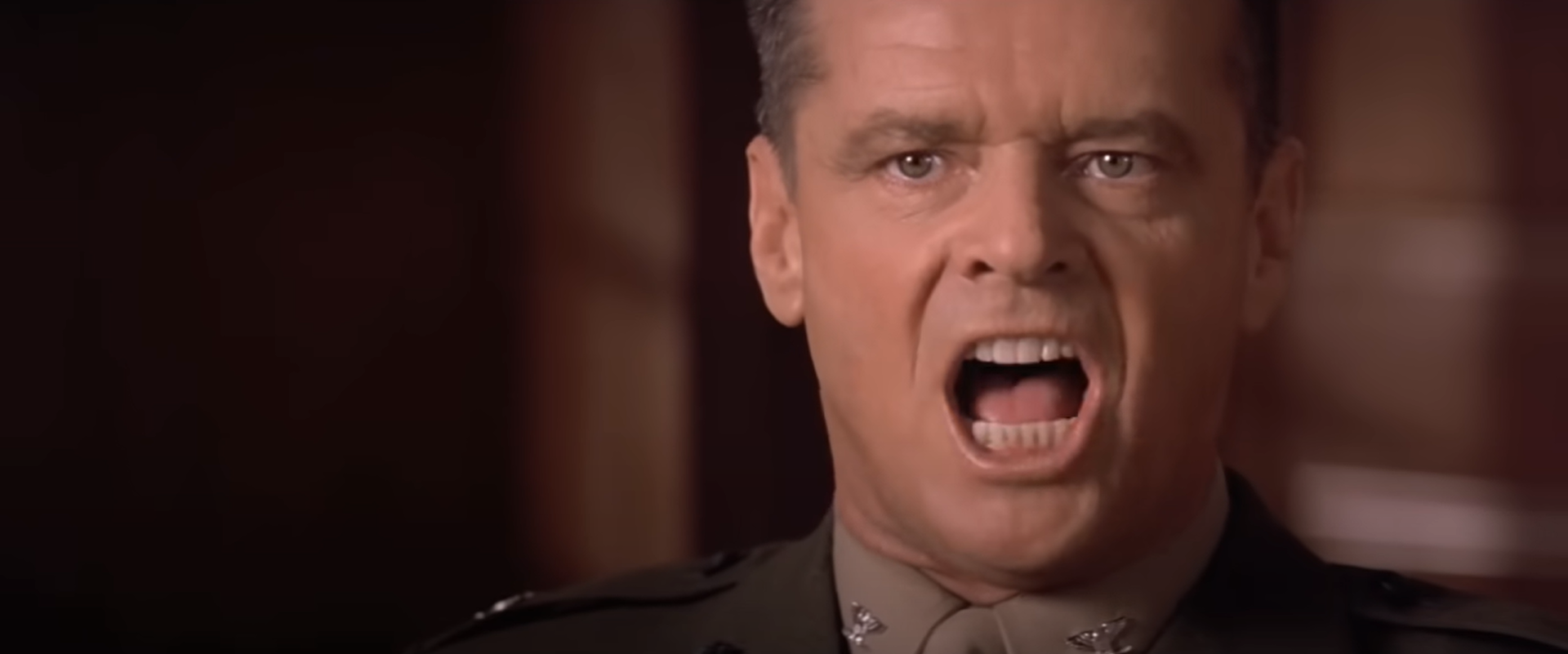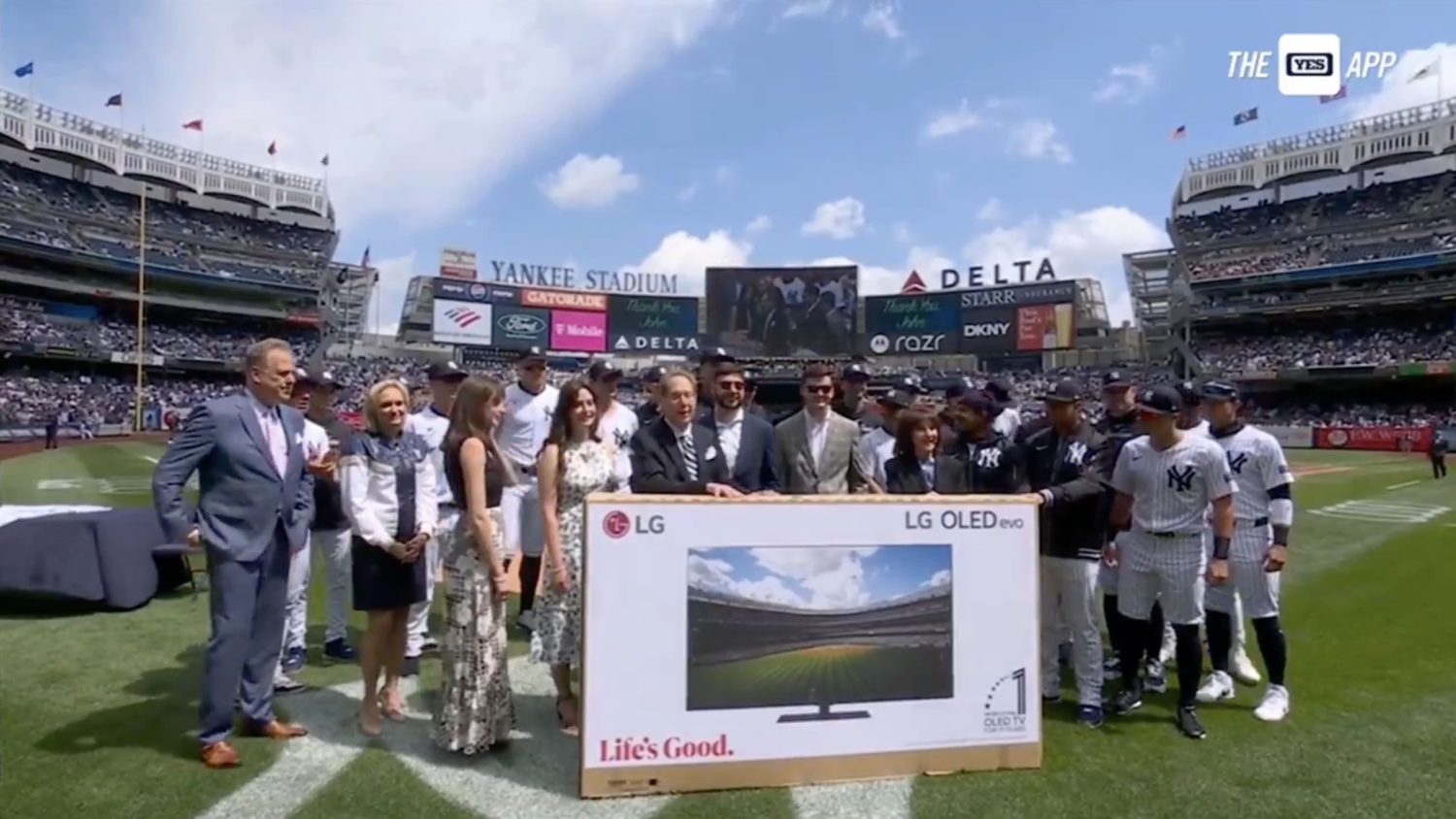One of the biggest sports implications from the Disney-Fox deal may not come to pass after all. The deal has a whole lot of facets, with Disney picking up Fox’s movie and television studios and certain international assets, but the most intriguing from a sports perspective is the acquisition of Fox’s 22 regional sports networks. And now, the federal Department of Justice has granted the bid provisional approval, but only if Disney divests from the RSNs, which they’ve agreed to do instead of challenging the DOJ decision.
The DOJ actually did this by filing a lawsuit against the bid, but also filing a proposed settlement with the divestiture of the RSNs, as their release indicates:
The Justice Department’s Antitrust Division filed a civil antitrust lawsuit today in the U.S. District Court for the Southern District of New York to block the proposed acquisition. At the same time, the Department filed a proposed settlement that, if approved by the court, would resolve the competitive harm alleged in the lawsuit. The Department said that without the required divestitures, the proposed acquisition would likely result in higher prices for cable sports programming licensed to multichannel video programming distributors (“MVPDs”) in each of the local markets that the RSNs serve. To streamline agency clearance, Disney agreed to divest the 22 RSNs rather than continue with the Antitrust Division’s ongoing merger investigation.
“American consumers have benefitted from head-to-head competition between Disney and Fox’s cable sports programming that ultimately has prevented cable television subscription prices from rising even higher,” said Assistant Attorney General Makan Delrahim of the Justice Department’s Antitrust Division. “Today’s settlement will ensure that sports programming competition is preserved in the local markets where Disney and Fox compete for cable and satellite distribution.”
This doesn’t fully approve the deal, as there are other regulatory bodies that still need to weigh in, but DOJ approval is one big hurdle that’s now been cleared. And while there’s still a lot in that deal with major implications for the entertainment landscape and the overall TV picture, the really interesting sports question out of this is who will get the RSNs. Some could wind up being owned by the teams involved; for example, the biggest RSN here is YES, which was initially owned by the Yankees before they sold first a stake and then majority control to Fox, and they reportedly have a buyback option they’re considering. But there are plenty of other possibilities.
Comcast has been trying hard to outbid Disney for all of these Fox assets, and if their further efforts there don’t work, it seems likely they’d have interest in picking up just the RSNs. They’re the second-largest RSN owner behind Fox with seven, and adding further RSNs would give them even more leverage in the marketplace. But DOJ might have issues with that too, at least by their stated reasoning for adding this condition to the Disney deal; if they want competition in sports channels, giving Comcast so much of the RSN market would seem to work against that, and that was a reason why the Comcast bid appeared to face higher regulatory hurdles than the Disney one and was turned down by Fox. (However, it could be argued that regulators might be more okay with Comcast picking up the RSNs if Disney is getting the rest of the Fox assets.)
The latest
This does seem like a blow for Disney and ESPN. The RSNs were far from the only thing here, and far from the most important thing here (as Disney’s willingness to agree to these terms rather than fight them indicates), but they had a whole lot of possible useful synergies with ESPN, from reporter/host crossover to a place to air/rerun ESPN programming to further potential ESPN+ offerings. And they also represent a useful and profitable business in their own right; RSNs still draw high per-subscriber fees, and they’ve remained in pretty strong demand even with cord-cutting expanding.
Disney also would have had an even larger share of the U.S. sports landscape if this deal had gone through, and they would have had even more leverage in carriage negotiations. Of course, the Fox deal is still going to be tremendously important for the company as a whole, and they’re still picking up a ton of valuable assets there. But the requirement to divest from the RSNs means they won’t get as much as they’d hoped for on the sports side.
[Deadline]

